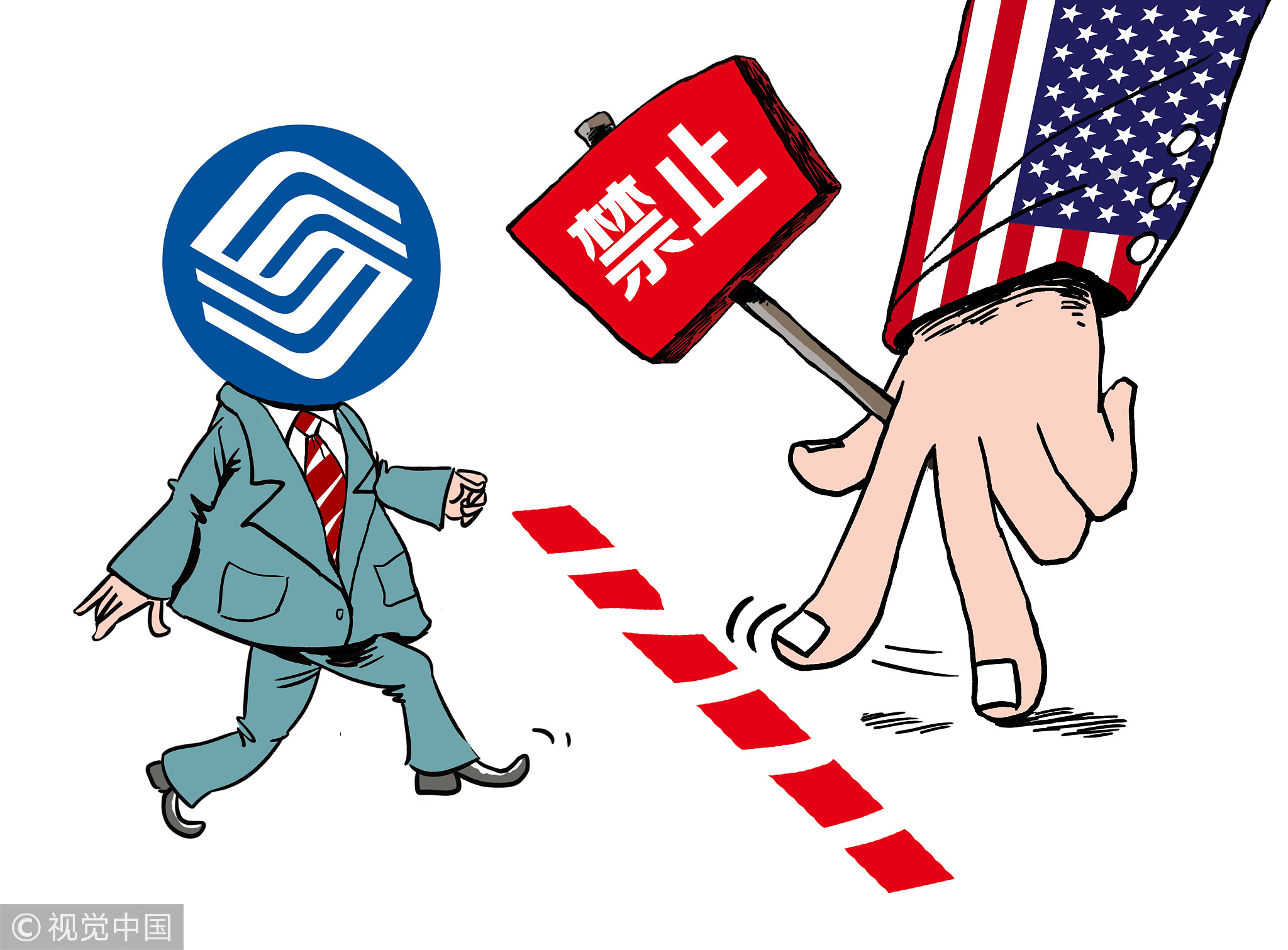
Opinions
15:22, 22-Dec-2018
Opinion: From witch hunt to China threats, rule by fear never ends
Updated
14:57, 25-Dec-2018
Leslie Oliver Lim

Editor's note: Leslie Oliver Lim is a political analyst and consultant based in Miami, U.S. The article reflects the author's opinion, and not necessarily the views of CGTN.
This year marks the 40th anniversary of China's reform and opening-up. During the past 40 years, China has made achievements that no other country has ever achieved: 700 million people have been lifted out of poverty. China's GDP has grown by over 224 times, from 367 billion yuan (53 billion U.S. dollars) in 1978 to 82 trillion yuan (12 trillion U.S. dollars) in 2017.
And the world has continuously been dazzled by Chinese brands such as Alibaba, Huawei, Tencent and etc. Made in China is now literally part of everyone's life. If there are still places that products manufactured in China could not reach, Chinese technology might be there, your mobile services might be depending on it.
With the rise of China, another voice also grew louder. U.S. politicians have been preaching about China threats, including U.S. Vice President Mike Pence.
Is this China threat real? With this much work, someone must be very threatened. But the question is: Who? Let's take a close look at the recent Huawei case. At the end of October, U.S. President Donald Trump signed a presidential memorandum directing the Department of Commerce to develop a long-term comprehensive national spectrum strategy to prepare for the introduction of next-generation 5G wireless networks, while encouraging telecommunications companies in the private sector to develop 5G technology.

VCG Photo
VCG Photo
Meanwhile UK, New Zealand and Australia have also prevented telecoms companies from using Huawei equipment for their 5G mobile networks. As we all know, U.S. learned its lesson when it lost the 3G battle, and but fortunately it has caught up in the 4G era. As a country that is so used to be on top of the manufacturing chain, U.S. definitely feels threatened, by the overwhelming growth of Huawei, by China's development in technology.
So this is really about trade protectionism. They want to gang up so they could protect the current telecommunications companies, to make sure that their technology will continue to dominate for the next 20 to 30 years.
But is it the people who want trade protectionism? I don't think so. Technologies could only make people's everyday life easier. It is the politicians, and the capital, the backbone of politicians, that care about the providers of the technologies.

VCG Photo
VCG Photo
Another thing that's threatening the U.S. politicians is that things are not looking good for U.S. and its allies. Unemployment rate is high, GPD growth is slow. The people are repeatedly disappointed. And the frustration shows in the increase in frequency and scale of protest and unrest. While Huawei and China are on the rise, the contrast with their own incompetence just makes them look even worse. The politicians desperately need a distraction, to divert their people's attention from the government's non-action, to prevent the people from seeing their incompetence.
What better way there is than to create a monster? A monster that everyone has heard of, but not familiar with, which leaves space for fabrication but makes the threats sound more real. Sounds familiar? Yes, that's what caused the famous witch hunt in Salem 300 years ago, fear!
As Philip Zimbardo said in The Lucifer Effect: Understanding How Good People Turn Evil: Fear is the State's psychological weapon of choice to frighten citizens into sacrificing their basic freedoms and rule-of-law protections in exchange for the security promised by their all-powerful government.
So this is what this China threats is really about. It is about protecting their future dominance in 5G. It is about creating fear so as to distract the people from seeing their incompetence.
But fortunately, this is not 300 years ago, and people are not the scared village crowd back then. Thanks to Internet, people are better informed now. They get to know the truth about China, and they see those politicians hyping China threats as who they really are-trade protectionists.
(If you want to contribute and have specific expertise, please contact us at opinions@cgtn.com)

SITEMAP
Copyright © 2018 CGTN. Beijing ICP prepared NO.16065310-3
Copyright © 2018 CGTN. Beijing ICP prepared NO.16065310-3